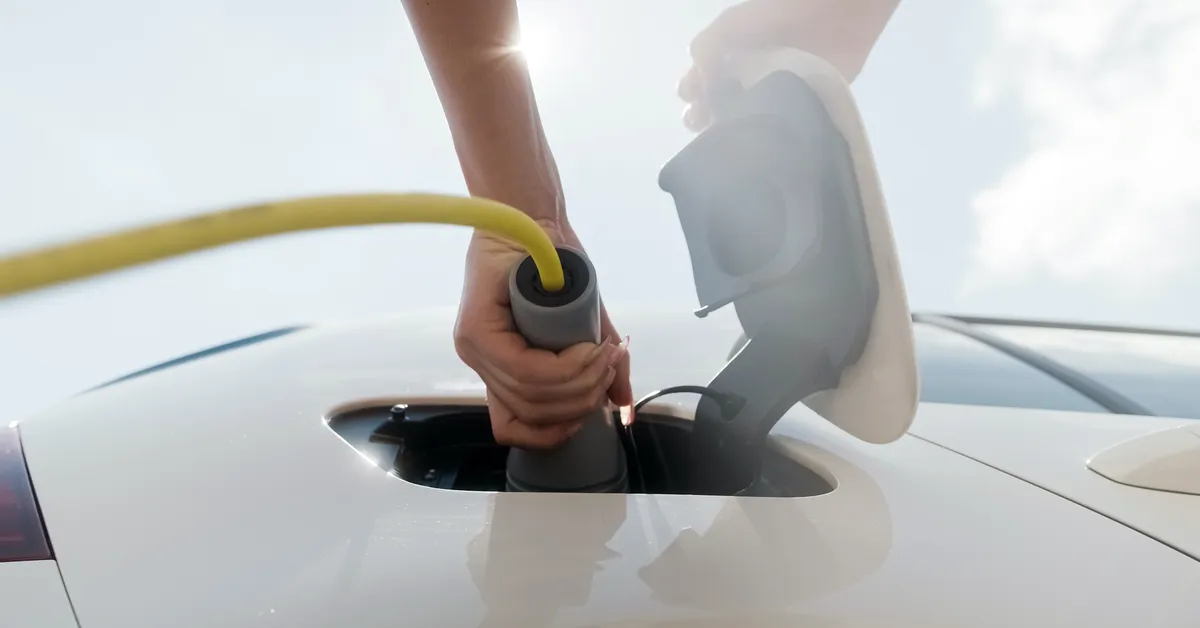
Though not flawless, electric vehicles are widely believed to be the future of motoring – both here in the UK, and eventually the world at large. Petrol and diesel cars are still common sights on our roads, but the government’s plan is to eventually phase them out in favour of EVs. But you’ll be glad to hear that you won’t need to scrap your car just yet, especially since electric vehicles have hit bumps in the road over the last couple of years, which has left the majority of UK drivers understandably cautious about them.
The government is now looking to close that gap, and recently it’s been rolling out a range of measures aimed at making electric car ownership simpler, cheaper, and more practical. These changes are part of the country’s broader Plan for Change, which sets out a path to wider EV adoption and greener transport solutions.
Government injects £63 million into EV development
The government has committed a substantial £63 million package to focus on areas that directly affect drivers, particularly when it comes to charging accessibility. A significant portion of this funding is going towards installing pavement charging points, sometimes known as or kerb side charging. This is especially useful for households that don’t have driveways, giving drivers more convenient options to charge their cars close to home. The investment additionally supports workplace charging infrastructure, aiming to help more drivers find chargers where they work, helping integrate EV use into everyday life.
The package also includes grants to help businesses develop depot charging solutions, which can further expand the number of charging stations available across the UK. Beyond home and workplace improvements, the funding also supports fleet electrification of organisations like the NHS, and other public organisations that run large numbers of cars and vans.
Alongside the £63 million package, officials are also reported to be finalising plans for a £700m package of subsidies to bring down the cost of buying a new electric car.
Critics have pointed out that the money still notably falls short of the £950m pledged by the previous government for motorway charging points, which the Labour government scrapped in June for being unrealistic. However, there’s no question that the current cash injection is a welcome step in the right direction – even if it’s not as much as some would have initially hoped for.
Relax planning rules to help drivers save on installation costs
Another major change comes from new rules that simplify the process of installing EV chargers at homes and workplaces. As of May 2025, drivers no longer need to submit a planning application to install a charger. The idea is to cut through a lot of unnecessary bureaucracy, and some estimate this change alone to have the potential to save drivers up to £1,100 each year by removing fees and reducing delays associated with the planning process.
It’s a notable improvement for anyone who’s been put off by the complexity or cost of setting up charging facilities. However, there are concerns that the change might risk creating what’s being referred to as “a two-tiered parking system” in the UK – essentially, where some drivers benefit from private, dedicated parking spaces with easy access to EV charging, but others depend on on-street or shared parking with limited or no convenient charging options. It could potentially mean that that drivers without their own parking face more costly, less accessible charging, and risk causing EV drivers to ‘claim’ public street parking spaces as essentially private spaces – so industry insiders have warned the government it needs to tread carefully to head off that scenario.
New grants to make EVs more affordable
The cost of buying a new electric car is one of the most common barriers for drivers thinking about making the switch. To address this, the government has just introduced a £650 million Electric Car Grant – the newest measure in its arsenal. This grant offers drivers up to £3,750 off the cost of a brand new electric car priced at £37,000 or under. There’s also a lower tier grant of £1,500 for eligible models, broadening the scheme’s reach and helping more households take advantage of the savings. It’s a key part of the UK’s Plan for Change we mentioned above.
For buyers, this grant could make a huge difference to upfront costs, which are often the biggest hurdle when moving away from petrol or diesel cars. Bringing the price of new electric cars down helps drivers manage their budgets while making a choice that reduces their carbon footprint. However, while this financial support helps lower initial costs for buyers, some industry experts caution that the grant may have unintended consequences. For example, it could reduce the resale value of used electric cars, creating uncertainty for buyers relying on the second-hand market and potentially affecting overall affordability in the longer term.
Unfortunately, as ministers are discovering, there are very few effective, efficient solutions to the electrification of the UK fleet – it’s a process that’s likely to encounter a lot of hurdles along the way. Still, Labour shows no signs of being dissuaded, and is determined to find solutions or workarounds to the issues above. Like it or not, it looks like electric cars are here to stay.
Whatever car you drive, you can count on us here at EMR Vehicle Recycling to get you the very best price when you scrap your car! All you need to do is enter your car reg and postcode into the fields on our homepage, and you’ll have an instant online quote before you can say “scrap my car”. Ready to find out what yours is worth?

